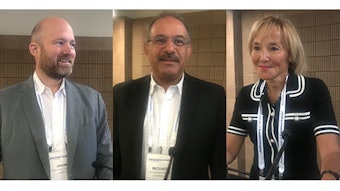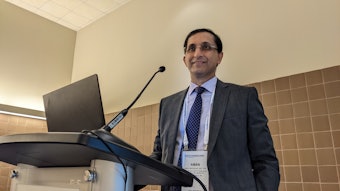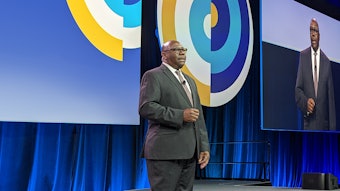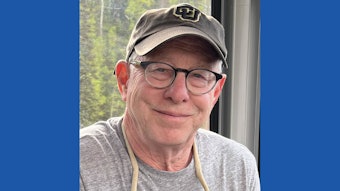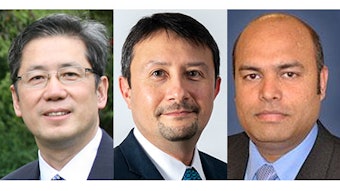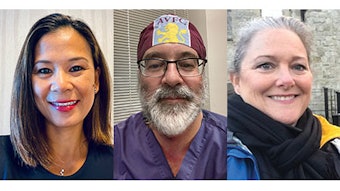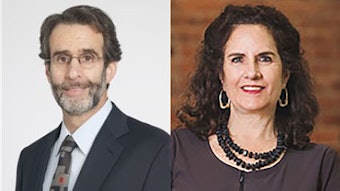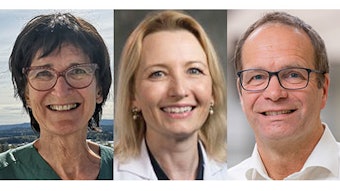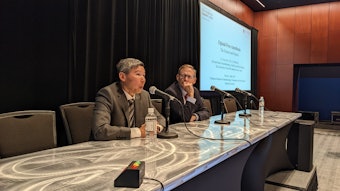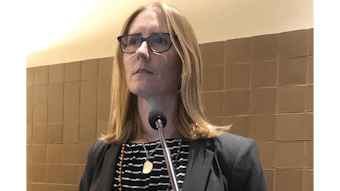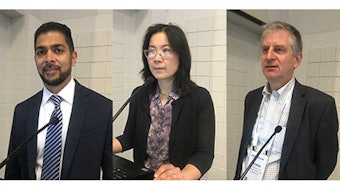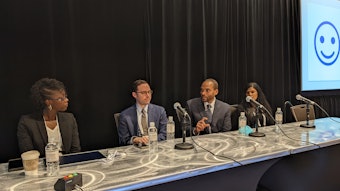Moving IDEA from paper to practice
Heightening awareness of personal bias continues to be a challenge
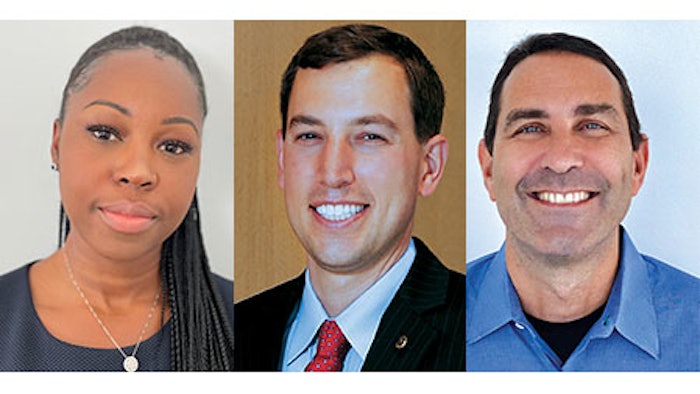
Inclusion, diversity, equity, and access (IDEA) is a promising mission on paper. But within clinical and academic settings, the journey ahead is a long and murky one. Several anesthesiologists offered a glimpse into that journey during the 2022 session “The Color of Normal: Is IDEA Robust, or Just a Buzzword?”
According to session panelist Keya Locke, MD, MBA, Assistant Professor of Anesthesiology at the University of Florida College of Medicine-Jacksonville and Medical Director of Perioperative Services at UF Health North, IDEA is frequently referenced in the medical field and contemporary society. But what does this concept mean to those who work in perioperative medicine?
“Contemporary perioperative medicine is an interdisciplinary specialty. It demands, particularly in recent years, a level of cultural competency that it did not just 10 years ago,” Dr. Locke said. “Behaviors that are inconsiderate of the differences in our patients and colleagues are no longer allowed on the macro stage. However, now we are tasked with addressing daily behaviors that ultimately leave both patients and colleagues feeling unseen or unheard.”
In her presentation titled “Race, Professionalism, and Societal Norms,” Dr. Locke reminded attendees that when it comes to inclusion and equity in medicine and higher education, the story is an old one.
“The shared experience of not only being Black in America but also living in predominantly White spaces is well established,” she said. So, caution should be taken when asking marginalized groups to share personal experiences, Dr. Locke added. “To what end are we asking them to bear their scars?” An organizational commitment to change is imperative once this exchange has been shared.
Fellow panelist Jesse M. Ehrenfeld, MD, FASA, AMA President-Elect, contributed to the discussion through his presentation “IDEA: How Does LGBTQ Fit into the Alphabet Soup?” while Zachary B. Deutch, MD, Associate Professor of Anesthesiology at the University of Florida College of Medicine-Jacksonville, discussed “IDEA From the Other Side.”
The IDEA challenge is greater than ever in 2022, Dr. Deutch said. He highlighted the problem of rapidly, chaotically shifting human factors: social norms, personal/moral values, political views, and general standards of behavior, which are all in flux.
“Importantly, how do we as Americans approach pre-natal life, sexual orientation, differing views of gender identity, and real or perceived institutional bias against minority groups?" Dr. Deutch said. “None of this has yet been determined by any real consensus. This is bound to create conflict, often emotionally charged conflict.”
Although Dr. Deutch doesn’t believe anesthesiology has been impacted any more or less than other medical fields, he said that those medical specialties that encompass “sustained patient contacts and continuity of care, such as family medicine, are the most affected.”
“Physicians working in these disciplines have to interact with patients and families for extended periods of time and must be able to relate well, and, to some degree, understand what ‘makes them tick,’” he said.
Drs. Deutch and Locke said the session was designed to heighten attendees’ personal awareness of the potential for harboring personal, inherent biases, and to enhance ways of interacting with others who are different.
“Although each person likely took away something different, I hope that allies find the courage to leverage their professional capital for change,” Dr. Locke said. “I hope that underrepresented minorities in medicine find the courage to speak up, in the face of macro- and microaggressions. I hope that LGBTQ persons find the courage to never choose to try and pass in professional spaces (because of their differences). So, I suppose I hope the takeaway message to all is to be courageous – not fearless, but courageous.”
Visit Annual Meeting Daily News for more articles.
